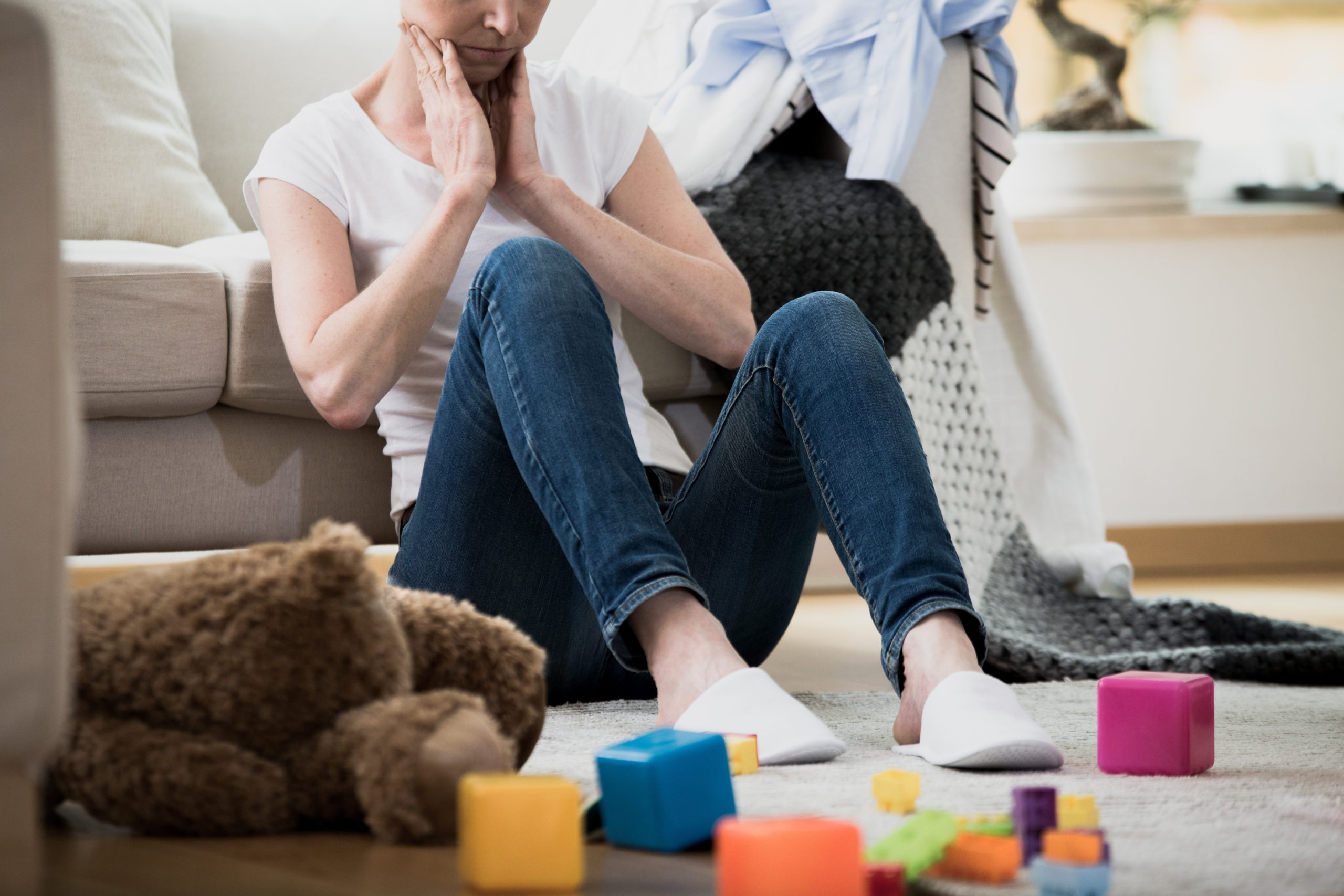The experience of pregnancy and the postpartum period can feel overwhelming and isolating, even in the best circumstances. Pregnant and postpartum moms are now even more likely to experience mental health challenges as they try to navigate huge life adjustments during a global pandemic. Family and friends that were once able to offer support might be unable to, places that once offered opportunities for socialization and self-care (gym, yoga studios, restaurants, movie theatres etc.) are closed, and new moms are concerned about their health and the health of their babies. While we are certainly living in an unprecedented time, here are a few tips for making this time a little more bearable. If you have older kids at home, click here for some tips on parenting during the pandemic.”
1. Connect with Others
While options for in-person socialization might be limited, there are lots of ways to remain connected virtually with family and friends. Try to talk with at least 2 different people each day, prioritizing people who have been good supports for you in the past or currently.
Join virtual groups to get peer support and talk with others who are going through similar struggles. The Breastfeeding Center of Greater Washington currently hosts a virtual Perinatal Stress support group every Thursday at 1:30 and 3:00. Postpartum Support International is also hosting weekly peer support groups (check out their respective websites for registration information).
2. Take Advantage of Low-Cost or Free Apps For Exercise
Peleton- Free 90 day trial offering a variety of workouts, including some that do not require equipment
Core Power Yoga or Down Dog – Virtual yoga classes, some free
Headspace – Meditation app, in particular “Weathering the Storm,” which is currently free.
Breeth – Meditation, Coronavirus Anxiety Package available
Sanvello – Offers on-demand help for anxiety & depression through meditations, peer support, journaling and logging progress, and triggers.
3. Social Media Distancing
Try to set firm boundaries for yourself related to checking your social media and the news. Both are likely to be centered on COVID 19. Only you know how much information and
exposure is helpful versus harmful for your own mental health. Consider turning off news and app notifications if you are finding them intrusive.
4. Laugh
Make a concerted effort to take time off from worrying and working. Watch a show or play a game you enjoy with a partner or friend (even if you have to do it virtually!). Laughter is a great tool to alleviate anxiety and to increase your sense of wellbeing.
5. Get Dressed
It’s tempting to spend the whole day in pajamas, especially if you are working from home. But in terms of mental health, it often benefits people to continue some of their normal routines and to separate their night time routine from their daytime routine. Similarly, changing into clothes you normally work out in can give you a push to follow through and actually exercise.
6. Get Extra Support
If you are continuing to struggle with anxiety, depression, or scary thoughts reach out to a mental health professional. Many psychotherapists are currently offering virtual sessions and it can be helpful to have someone to provide extra support during this challenging time.
Read more of Joanna’s blogs by visiting The Quarter Life Center Blog.









